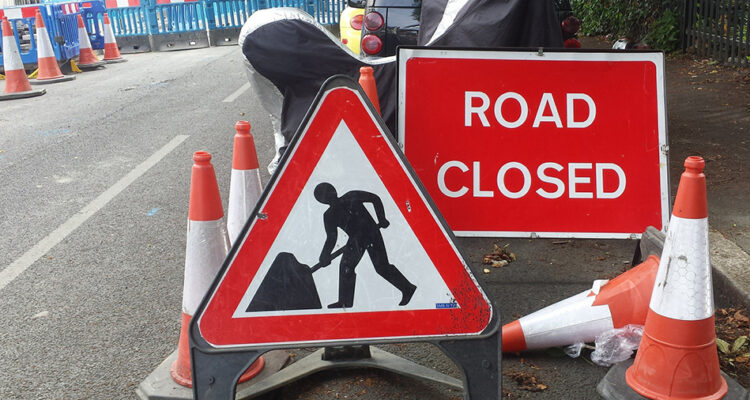The Department for Transport (DfT) has dismissed the majority of recommendations put forward by the Transport Committee on street works. This decision has sparked debate across the transport and infrastructure sectors, particularly given the growing concerns about traffic congestion, road safety, and the long-term resilience of UK infrastructure.
Street Works: A Growing Challenge for UK Roads
Street works—carried out by utility companies, telecoms providers, and local authorities—have long been a source of frustration for motorists and businesses alike. According to industry estimates, street works cost the economy billions each year in lost productivity due to delays. Disruption not only impacts road users but also places strain on supply chains, deliveries, and public transport timetables.
While the Transport Committee called for tougher regulation, enhanced coordination, and stronger enforcement powers to minimise disruption, the DfT has chosen to reject most of these proposals, opting instead for maintaining existing frameworks with limited adjustments.
Key Recommendations Rejected by the DfT
The Transport Committee’s report outlined several strategic measures aimed at reducing disruption and improving accountability. However, the DfT declined to implement many of the headline proposals, including:
- Mandatory lane rental schemes nationwide – intended to incentivise utilities to complete works more quickly.
- Stronger financial penalties for overruns – to hold companies accountable for delays.
- Enhanced coordination platforms – to allow local authorities and utilities to better schedule works and avoid overlaps.
- Standardised reinstatement guarantees – ensuring road surfaces are restored to a high and lasting standard after works.
Transport Committee Chair Ruth Cadbury MP, said: “The Government’s rejection of all the major recommendations in our report risks making itself simply look unwilling to stand up to utility companies, on behalf of frustrated road users who have to endure unreasonable and often repeated street works delays.
“It is all well and good for DfT to say it wants to explore ways to replicate best practice on a voluntary basis, but if the incentives are not changed, we carry on without carrots or sticks, then why should the Government expect anything to change?
“There is also a contradiction in the way Ministers oppose the wider adoption of lane rental schemes because it fears local authorities could misuse those powers.
“At the same time, they say they are fully behind devolution and empowering local decision makers on a host of other important issues.
“Road users in constituencies across the country trying to get around, access shops and service, deserve better. Our recommendations, if adopted, would help to grip this never-ending nuisance.”
The rejection of these recommendations leaves local authorities and road users concerned that road disruption will continue largely unchecked.
Industry and Local Authority Reactions
Local authorities argue that they lack the enforcement powers necessary to manage the growing volume of street works effectively. Many councils have already adopted lane rental schemes, which have shown measurable improvements in reducing disruption. Industry groups, however, caution that excessive regulation could slow down essential infrastructure upgrades, particularly in the energy and telecoms sectors.
Business groups have expressed disappointment, warning that ongoing congestion poses a threat to productivity. Haulage operators, delivery services, and logistics companies highlight the financial impact of delays, which often increase operational costs and contribute to missed delivery slots.
Balancing Infrastructure Upgrades with Road User Needs
The UK faces a delicate balancing act: upgrading vital utility networks while keeping roads moving. The growth of broadband rollouts, renewable energy connections, and electric vehicle charging infrastructure will inevitably increase the volume of street works. Without stronger coordination and enforcement, the risk of overlapping projects and prolonged disruption remains significant.
The DfT has indicated a preference for voluntary measures and industry-led best practice, but critics argue this falls short of the structured reforms necessary to address the scale of the problem.
Long-Term Implications for UK Road Policy
By rejecting the Transport Committee’s reforms, the DfT has signalled a reluctance to impose sweeping regulatory changes. However, as congestion levels rise and infrastructure demand accelerates, pressure is likely to mount for stronger measures. Policymakers may eventually be forced to revisit the issue, particularly as public and business frustration grows.
The debate highlights a broader challenge for UK road policy: balancing economic efficiency with infrastructure development, all while ensuring safety and minimising disruption for road users.







